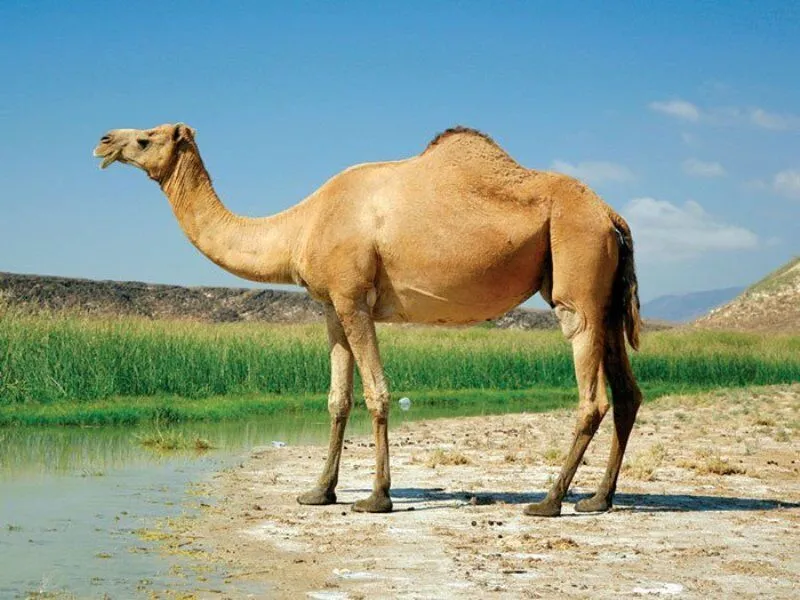Camel Breeding Development Scheme to Boost Food Security in Iran

Abolfazl Shirazi, the managing director of Andrology and Embryology Research Department at Jahad Daneshgahi’s Avicenna Research Institute (ARI) said that camels are really resilient animals and are accustomed well to Iran climate.
He said that given the numerous droughts in more than 18 provinces across Iran and the fact that 55% of the total Iran’s territory (equivalent to 907,293 square kilometers) is desert, the implementation of breeding programs and an increase in farming resistant livestock which adopt very well to dry climates like Iran's is taken into account as a smart and forward-looking strategy.
“With that in mind, designing, compiling and implementing a comprehensive plan for the breeding and reproduction of camels as a productive indigenous animal compatible with the Iranian dry and desert climate is being seriously taken into account in ARI,” the director of the researcher group said.
“The unique features of this animal, such as the less amount of animal feed it consumes compared to other large-sized animals, low metabolism, better food conversion rate, less consumption of dry material, being resilient against drought and much more adaptation to Iran climatic conditions, being highly resistant against diseases, etc., are among the other advantages that camels have, which make them suitable for the breeding development plan,” he added.
The director further said that the camels were chosen for the breeding development project not only for ensuring the food security in the country, but also because they reduce the country’s need for importing animal food by 80%, which in turn will have a significant effect on economic prosperity and per capita consumption of animal protein in low-income regions in the country.
“Camel food products including its meat and dairy play a special role in traditional medicine, that is why it is very important to carry out this plan in tackling poverity deprivation in regions where camels exist,” Shirazi continued to talk about the advantage of carrying out the scheme.
He further pointed to the different stages of camel breeding development scheme, saying, “The first stage in the implementation of this plan is to establish a national center for the production of genetic products (sperm and frozen embryos) from camels that have superior production properties. To establish the mentioned national center there should be record keeping, selection, issuance of national camel IDs, research and stabilization of modern reproduction technologies.”
“The next stages of this project should include creation of mother herds that produce privildged baby camels, the creation of speacial herds for meat and milk production, and finally the development of the business of transformational industries, commercialization and export of camel products,” Shirazi concluded.
4155/i





















